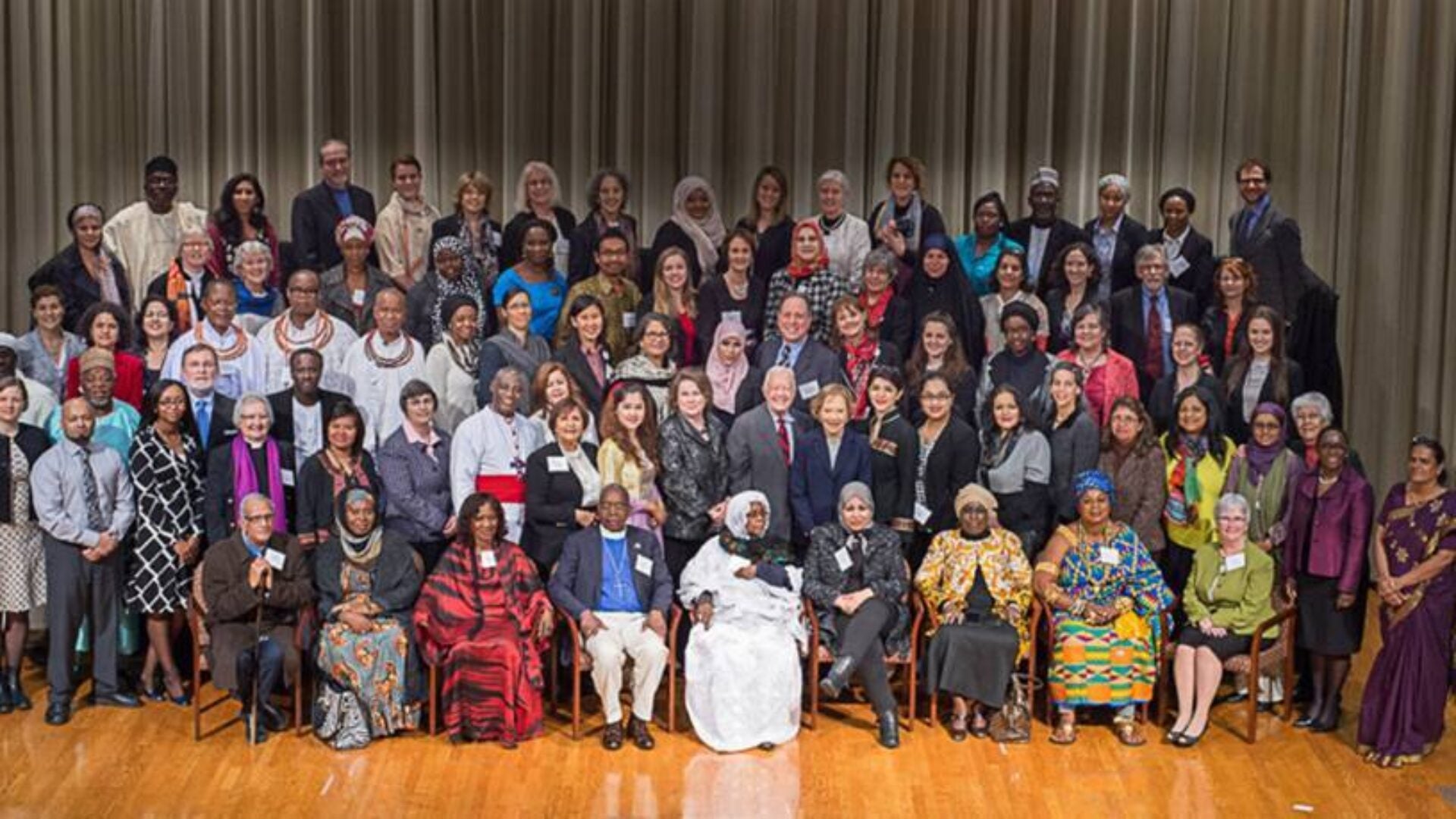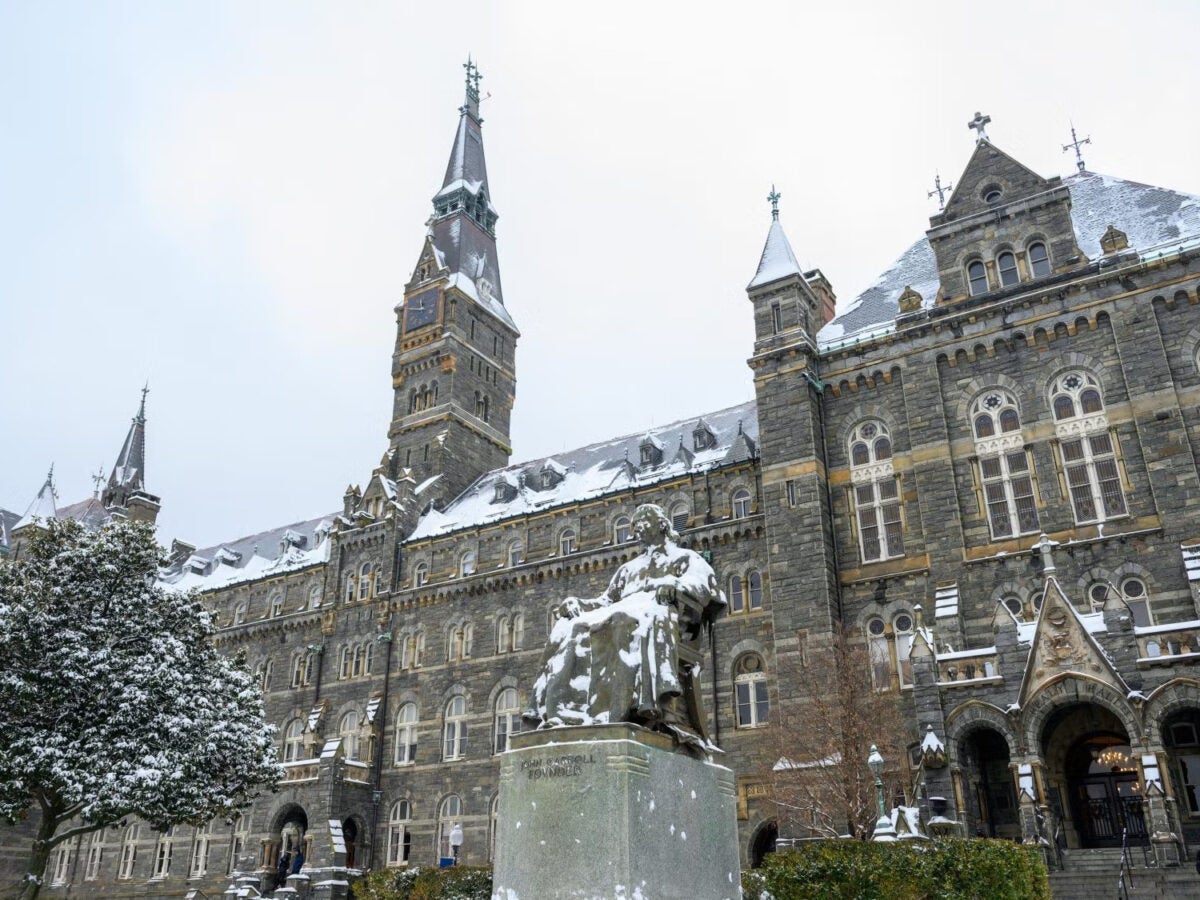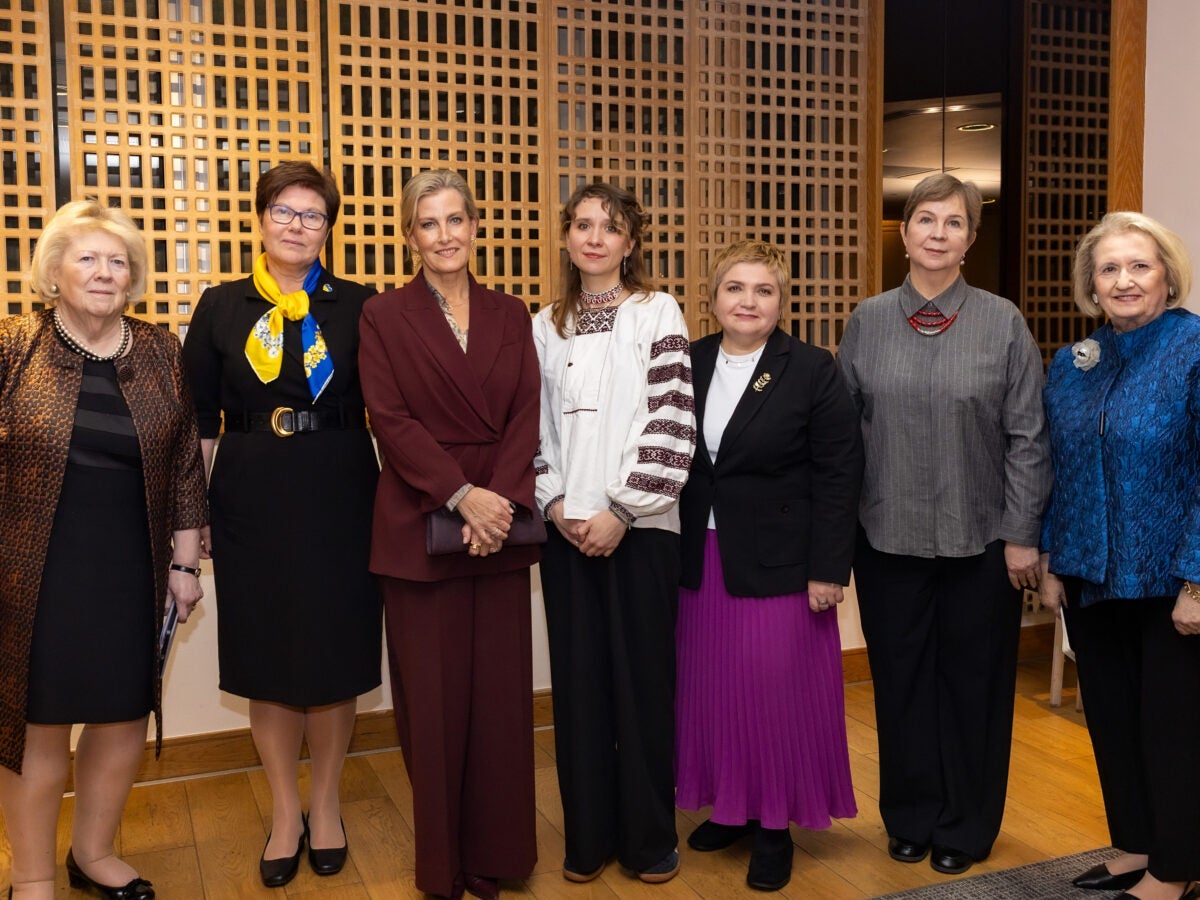Women Leading for Peaceful Societies: A Recap of the Carter Center’s 2015 Human Rights Defenders Forum

The Carter Center convened the second Human Rights Defenders Forum (HDRF): “Beyond Violence: Women Leading for Peaceful Societies” on February 7-10, 2015. This annual forum presents itself as an “opportunity for leading human rights activists to raise and amplify their individual and collective voices on key issues in an international space.” More than 60 academics, human rights defenders and religious leadersgathered to discuss pertinent issues such as inclusive leadership, confronting violence against women and girls, and women leading to prevent and resolve violent conflict. This year’s distinguished array of participants included Bineta Diop, Special Envoy for Women, Peace and Security for the African Union; Dr. Alaa Murabit, Voice of Libyan Women; Wai Wai Nu, former political prisoner and founder of the Women’s Peace Network in Myanmar; and former extremist-turned-undercover counterterrorism operative, Mubin Shaikh.
Participants met in closed working group sessions during the first two days of the conference to deliberate drivers of conflict and violent extremism, best practices for transforming those drivers, and threats and challenges to successfully engendering peace. Many participants noted the effect of structural injustice, ingrained in institutional power relations, in fostering environments primed for violent extremism. Forum attendees also identified gender inequality, dearth of educational opportunities, lack of legal mechanisms to resolve disputes nonviolently, and human needs not being met, as specific drivers of violent extremism.
To create a peaceful society, participants recognized the benefit of addressing multiple drivers of violence simultaneously. Proposed actions included:
- Creating additional space for dialogue among stakeholders;
- Documenting and disseminating stories of violence shared by survivors;
- Framing human rights language within cultural and religious contexts so that the concepts resonate with diverse audiences;
- Providing training for the disempowered so that they could more effectively advocate for their rights;
- Instituting early education on human rights through a participatory pedagogy that empowers communities and individuals;
- Working with local NGOs who are trusted within their communities;
- Moving away from language that demonizes certain groups as a whole; and
- Meaningfully engaging female participation in efforts to counter violence.
Speakers at the public event included former U.S. President Jimmy Carter, who began his remarks by acknowledging that gender-based violence is closer to home than many realize. President Carter reported that 60,000 people are living in bondage in the United States today and that Atlanta, where the forum took place, is a global hub for sex trafficking. U.S. Senator Kirsten Gillibrand also addressed the forum, discussing how the United States fails to protect and empower women and girls. She raised the timely example of bias surrounding rape in the military and on college campuses, noting that “institutions will protect the favored, not the survivor,” and also criticized the U.S. for not institutionalizing equal pay for equal work. Another forum participant admonished the United States for being one of the few countries – along with Somalia, Iran, and Sudan – that has not yet ratified the Convention on the Elimination of Discrimination Against Women (CEDAW).
Gaynel Curry, the Gender and Women’s Rights Advisor of the UN Office of the High Commissioner for Human Rights (OHCHR), highlighted a challenge that has been on the forefront of advocates’ minds for the past decade: We have a strong international legal framework on women’s rights, but the challenge is, how do we implement this framework? Curry was hopeful that the upcoming review process for UN Security Council Resolution 1325, which seeks to increase women’s participation in peacebuilding and protect women from sexual violence, could be informed by this forum’s findings. Conference attendees resoundingly agreed that women’s participation and protection are paramount, warning, “If you’re not at the [peace] table, you end up on the menu” and “where there is impunity there will be continued violence.”
To continue this dialogue, the Carter Center launched The Forum on Women, Religion, Violence and Power at this year’s conference. This platform will serve as a safe medium for continued collaboration and consultation to promote equality for women everywhere and foster solutions for peaceful societies. As one participant fervently proclaimed, “Women cannot wait for change…we’ve waited for centuries. We need to push for it.”
Ashley Binetti is the 2014-2015 Hillary Rodham Clinton Law Fellow at the Georgetown Institute for Women, Peace and Security. She received her J.D. from Georgetown University Law Center in 2014, specializing in human rights and transnational law.
Explore More

End of Year Reflections
This year has been particularly challenging for peace around the world, with…

“No Amnesty, No Silence:” Ukrainian Women Urge Accountability for War-Time Sexual Violence
Last week, the Georgetown Institute for Women, Peace and Security (GIWPS) brought…
